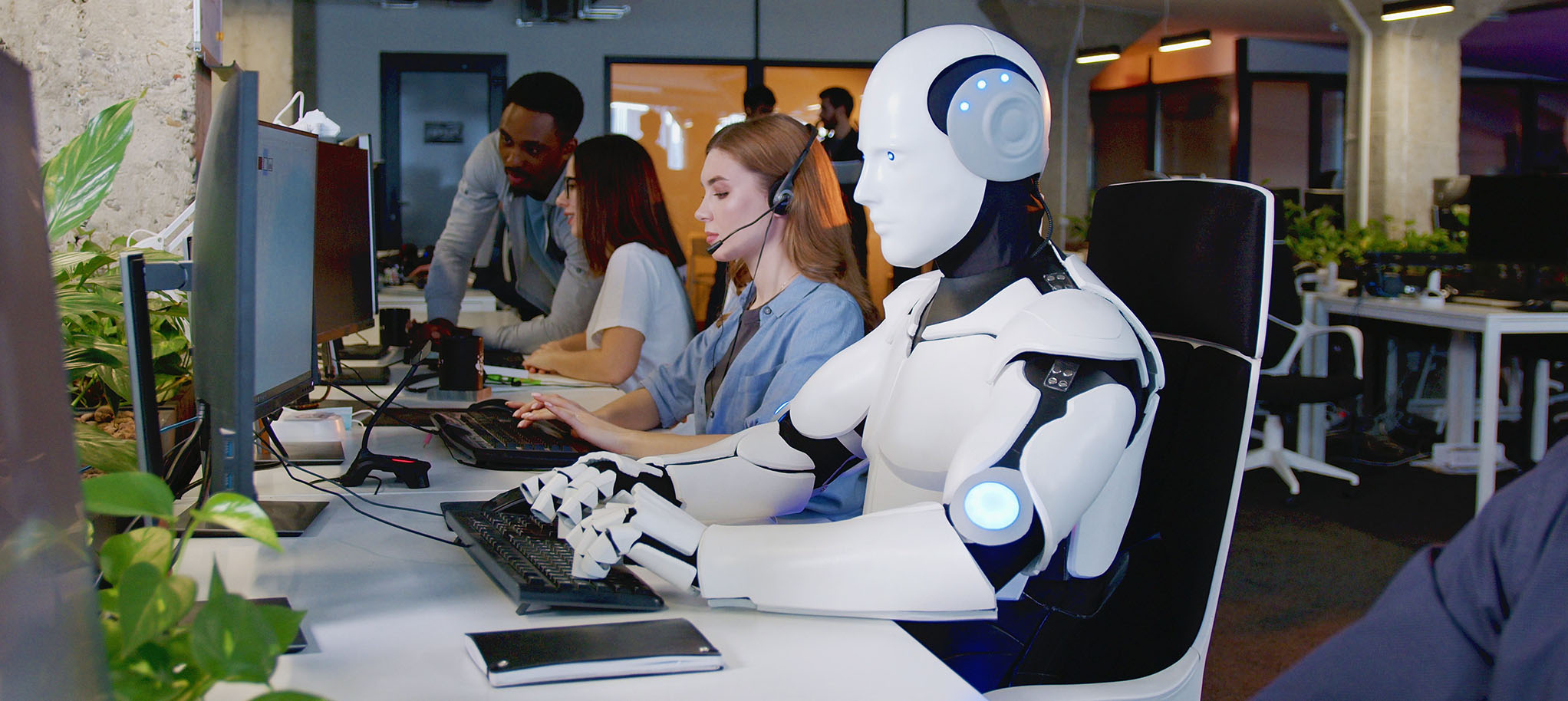Using Contact Tracing to Bring the Travel and Tourism Industry Back
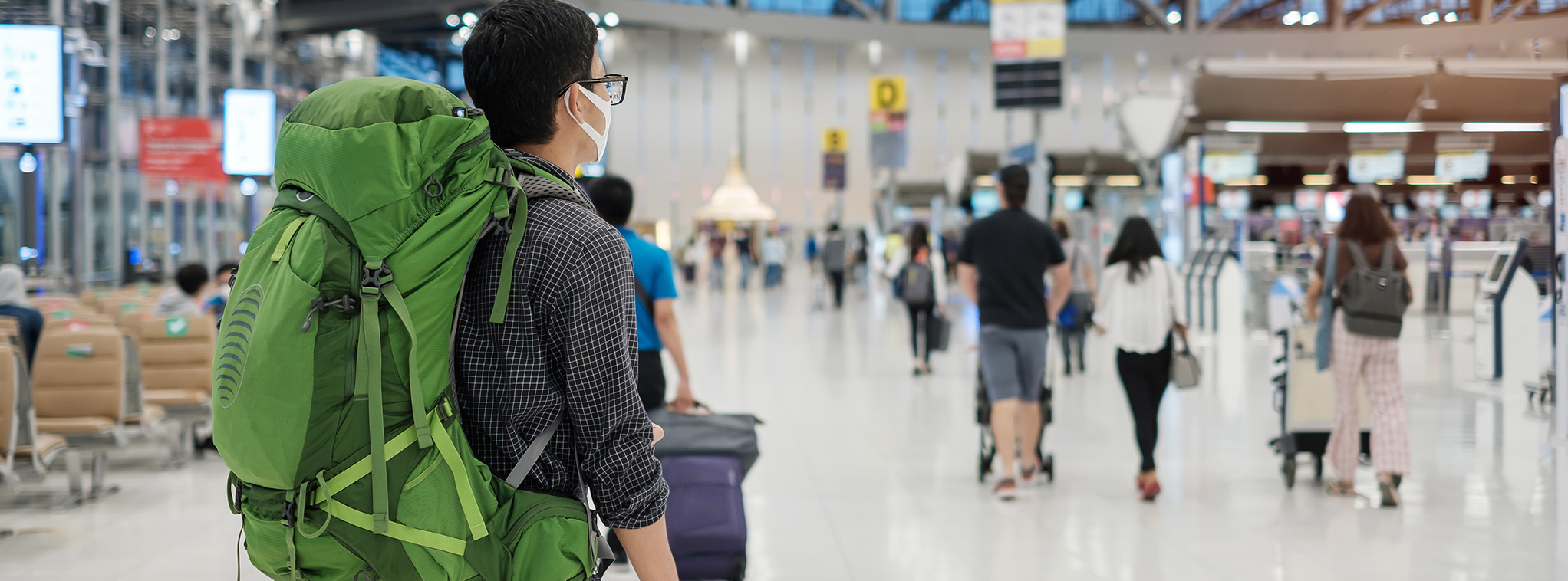
As the coronavirus turned into a pandemic in early 2020, the travel industry was the first to get hit. With many of the initial cases being spread due to travelers from foreign countries, the government was propelled to put restrictions and travel bans in place as a safety measure.
While everyone knew these travel bans would impact the industry, nobody could have predicted the scale of the impact. Commercial flights went from approximately 100,000 a day to just 40,000 a day in the matter of a week and revenue was estimated to decrease by 55%.1 The industry, which accounts for 10% of the GDP is estimated to have lost over 100 million jobs due to the virus.2
Knowing that these losses cannot continue, it’s vital that airlines, cruise companies, and other major travel companies find ways to do their part in slowing the spread. This includes implementing innovative technology that helps with contact tracing.
Airlines Work to Implement Contract Tracing Among Passengers
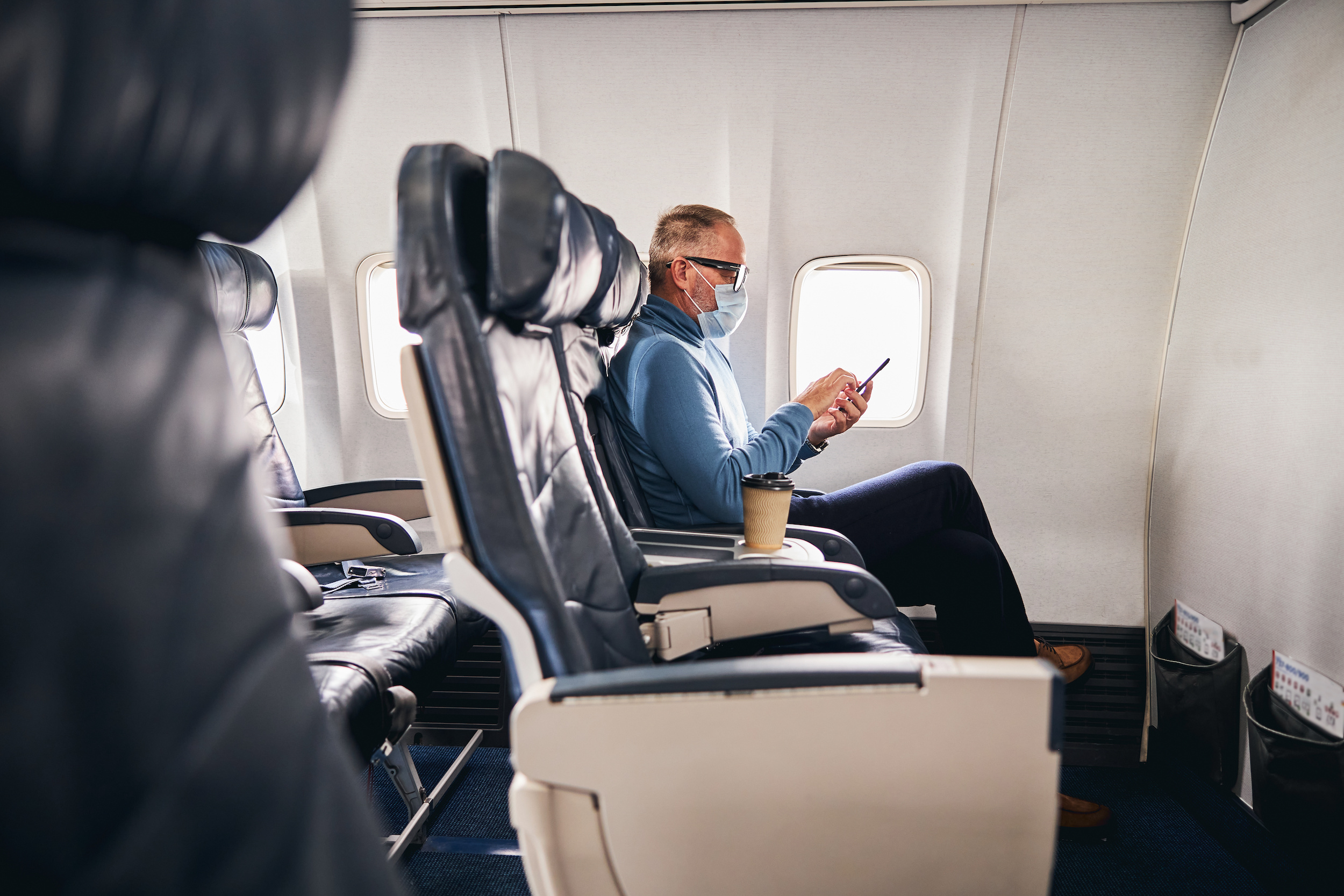
Many airlines are introducing contact tracing as a way to ensure their customers feel safe flying during the pandemic. Delta and its nine affiliate airlines have partnered with the Center for Disease Control & Prevention (CDC) to collect basic passenger information and share it with Customs and Border Patrol and the CDC to match positive COVID tests.3 While this process is optional and simple, the communication needed to pass information will require highly technical and tested processes for a quick transfer of data.
Exploring Technology to Stop the Spread
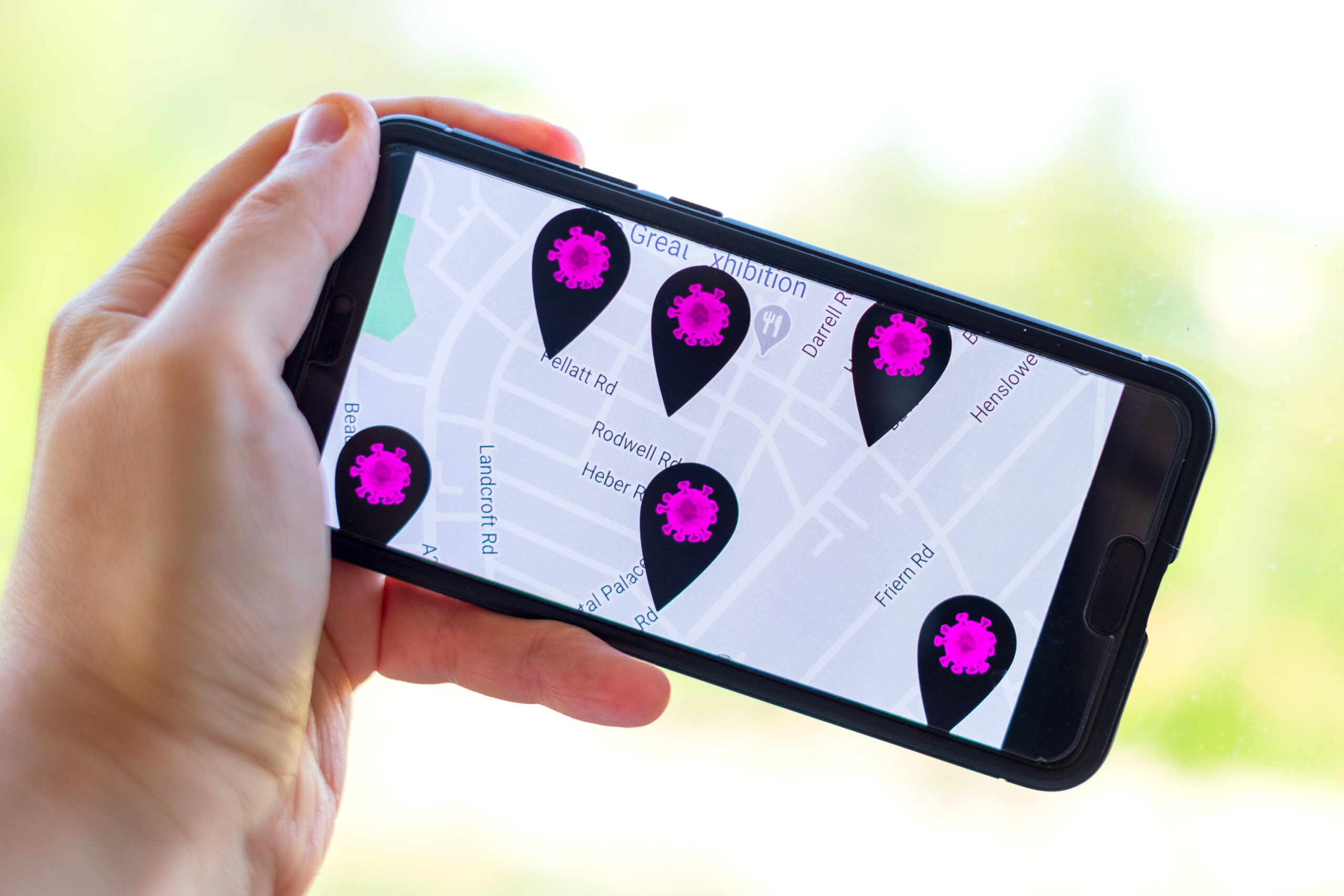
Hotels and tourism companies are working with tech companies like Inpixon, an indoor data intelligence company, to monitor traveler’s movements and the density of crowds. The technology uses radio frequency scanners using Bluetooth, Wi-Fi, or Cellular Data to pick up data. That data can be used to either disperse groups to other locations if they are too crowded or understand who was in contact with who in the case of a positive test later down the road.
With any of the technology used in contact tracing, privacy is a concern to users. In a joint poll by the Washington Post and the University of Maryland, three of five people said they would be unwilling to use a contact tracing app. To combat the concern of privacy breaches, the CEO of Inpixon assures that they do not assign a person’s location to their personal information. Also, the data is encrypted, thus will not be used unless the user opts-in or in case of a health emergency.4
Tech Companies Offer Solutions to Contract Tracing at a Local Level
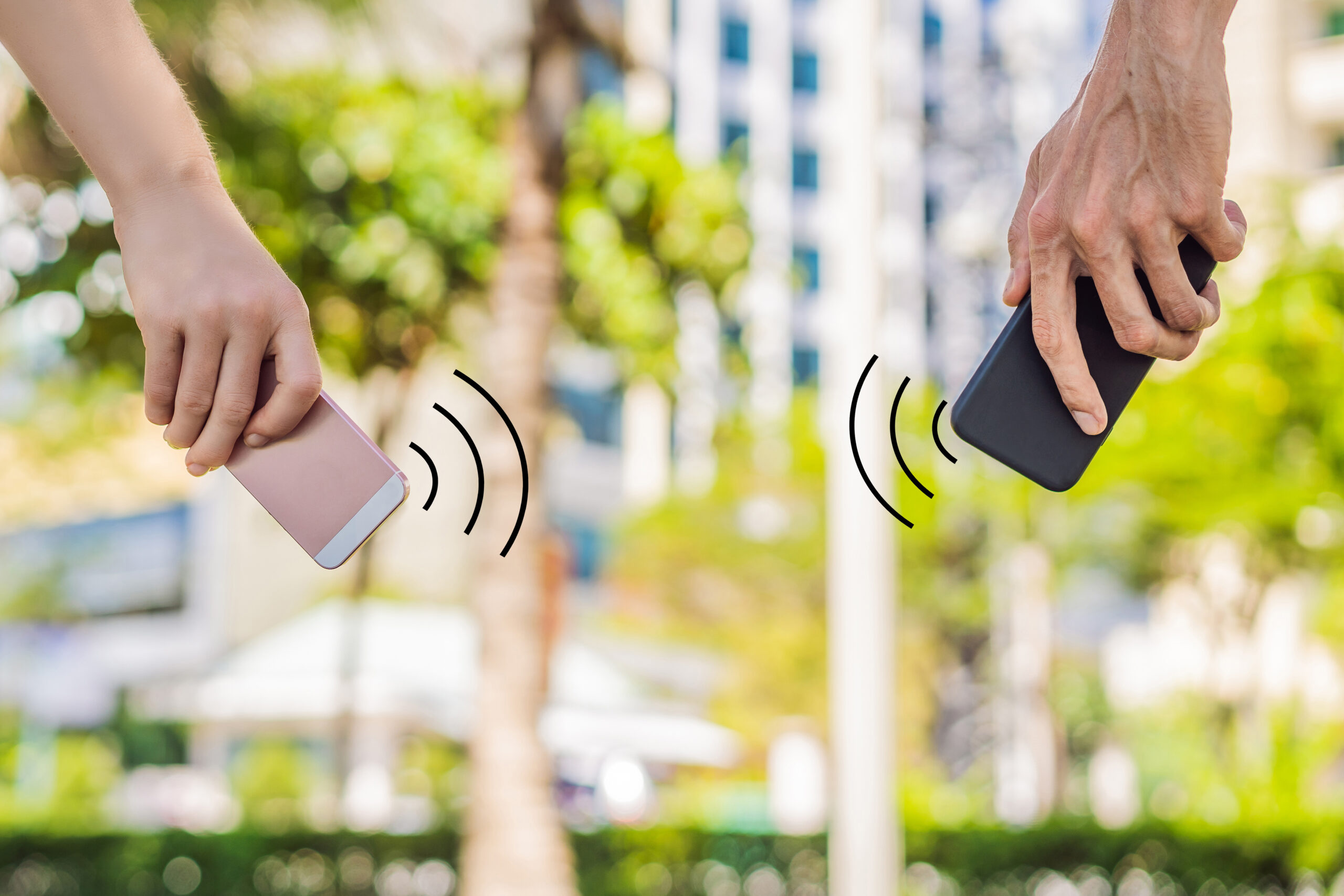
Contact tracing in the U.S. is not yet uniform or even utilized nationally because of privacy issues, but some state governments and local municipalities have taken the task into their own hands to minimize the spread among travelers within their states.
In August 2020, an app called COVIDWISE became available for Virginia residents to voluntarily and anonymously report positive tests and will then notify others if they may have been in contact with that person using Bluetooth technology designed by Google and Apple.5 In a joint effort, the Commonwealth of Virginia and the Virginia Department of Health are working to encourage the use of the app to minimize the potential spread in their state. In addition, Utah’s app HealthyTogether6 also uses Bluetooth technology to track their whereabouts and where they may have contracted or spread the virus.
1 5 Charts Show Which Travel Sectors Were Worst Hit by the Coronavirus, CNBC, May 5, 2020
2 COVID-19 Job Loss in Travel and Tourism Sector Worldwide 2020, Statista, August 21, 2020
3 Delta Introduces Industry’s First Contract Tracing for Travelers Returning to the U.S., Consumer Affairs, December 3, 2020
4 Tech Cruise Ships Could Implement to Combat Spread of Coronavirus, USA Today, June 1, 2020
5 Virginia Unveils App to Aid Contact Tracing, NPR, August 5, 2020
6 Healthy Together App


